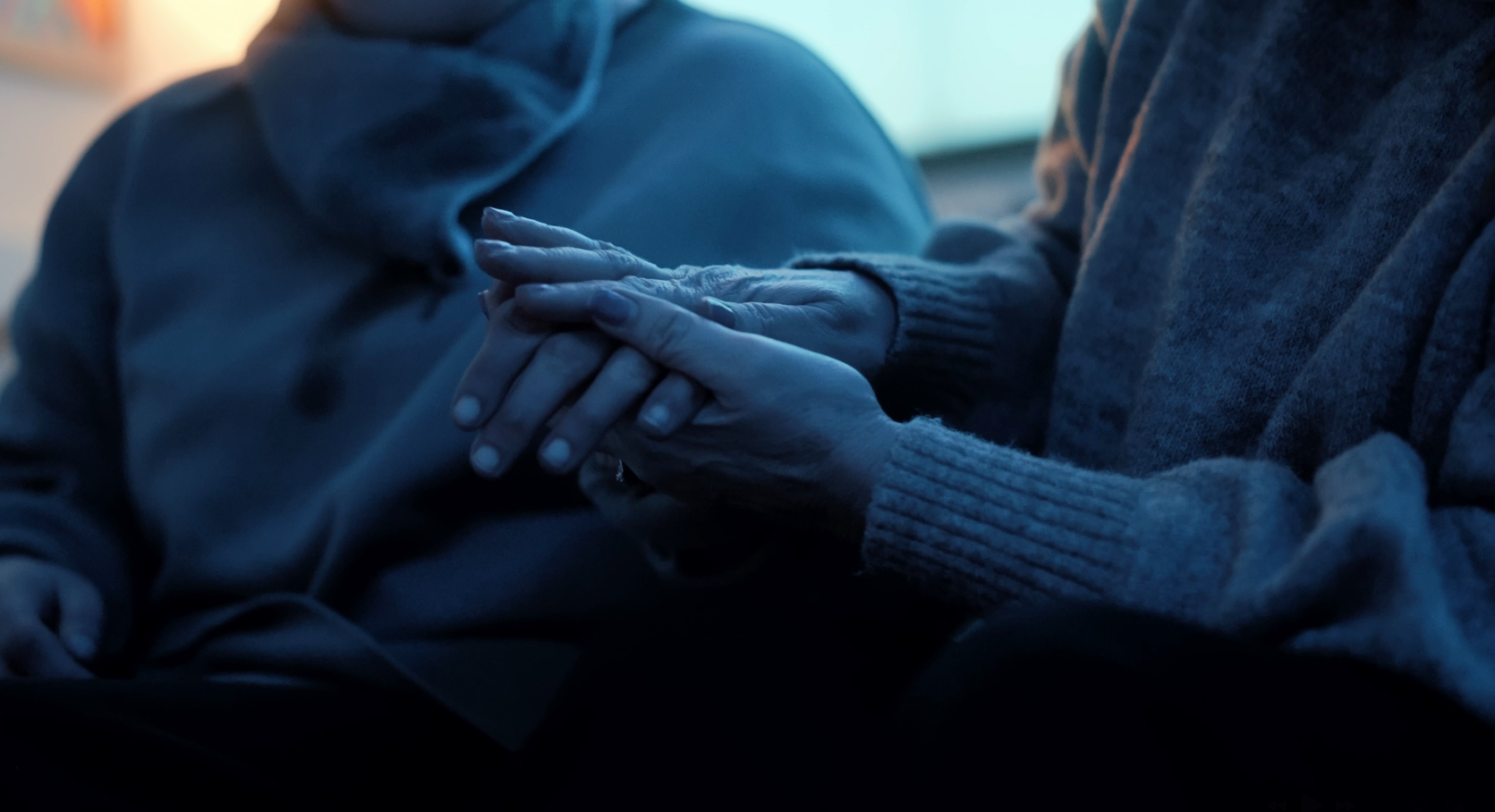
Information for Funders

“At last, we have found a place to go, son”
- The father of a Two Rhythms guest, on their first visit.
Two Rhythms relies on external funding to deliver its vital work
Who we support
We support a community of people with Profound and Multiple Learning Disabilities (PMLD) and those who have complex sensory needs, such as Autism.
PMLD is commonly associated with pronounced Developmental Delay with significant physical and sensory impairments and Epilepsy. Most people with profound and multiple disabilities will have physical disabilities and will be unable to walk. They may have hearing and sight problems. They will communicate non-verbally, that is, they will not speak or if they do, will use only a few words. Some may use signs and symbols or look and point to what they want.
Apart from their health complications, the main disadvantage that people with PMLD face is social exclusion. Families and care providers can find that going out or taking part in activities is too risky due to their health, so they do not have the same opportunities as non-disabled individuals. It is difficult to find activities in which they can participate safely, which also have the necessary equipment for their daily needs, such as private changing facilities and hoists to sit comfortably.
For many, their physical impairment can make everyday tasks and activities challenging, causing frustration and resulting in behaviours which some will see as challenging.
It is suggested that there is a significant lack of choices in further learning and lifelong learning for their future well-being (Townsley 2013, 2014). Often, our session attendees have few role models from disabled groups and many experience real or perceived discrimination. Some also develop long-term challenging behaviours and other behavioural issues due to a lack of opportunities for authentic self-expression.
Two Rhythms is committed to supporting our community to access fully inclusive creative arts experiences for all our participants across Wales and beyond.
Our future plans
After celebrating our twenty-fifth anniversary in 2024 and 2025, we’re now looking to the future. Building on the learning gained from the University of South Wales Independent Evaluation, we’re looking to grow our reach while developing the charity’s earned income. We plan to do this by:
1. Expansion of Training and Professional Development (CPD)
The report identified that professionals attending our sessions find our techniques useful for their career development. We have a clear opportunity to formalise this into a revenue-generating training program by:
• Developing certified training modules for teachers, care workers, and allied healthcare professionals in both mainstream and specialist settings.
• Partnering with educational and healthcare institutions to provide our training as part of their professional development programs. Our work is directly pertinent to key Welsh curriculum areas such as 'Languages, Literacy and Communication,' 'Health and Well-being,' and 'Expressive Arts'.
2. Strategic Expansion of Services
The evaluation also highlighted potential for growth into new client groups and settings. We can explore:
• Extending provision to other client groups, such as those with dementia, where our sensory-dialogical approach could be highly beneficial.
• Working with mainstream schools, where our method could support curriculum development
• Offering sessions in care and community living spaces to extend our reach without requiring new permanent premises, addressing concerns about the unique value of our current location.
By systematically implementing these business development strategies, Two Rhythms can move toward a more sustainable model, reducing its dependence on project-based funding and creating a steady stream of earned income. This will not only secure the future of our vital work but also allow us to share our expertise and extend our life-enhancing experiences to a wider audience.
Want to know more? Talk to us.

Disabled adults are considerably less likely to engage physically in the arts than non-disabled adults
DCMS Participation Survey, 2022/23
Over 90% of our expenditure is spent on charitable activities
- Two Rhythms 2024 Annual Report



